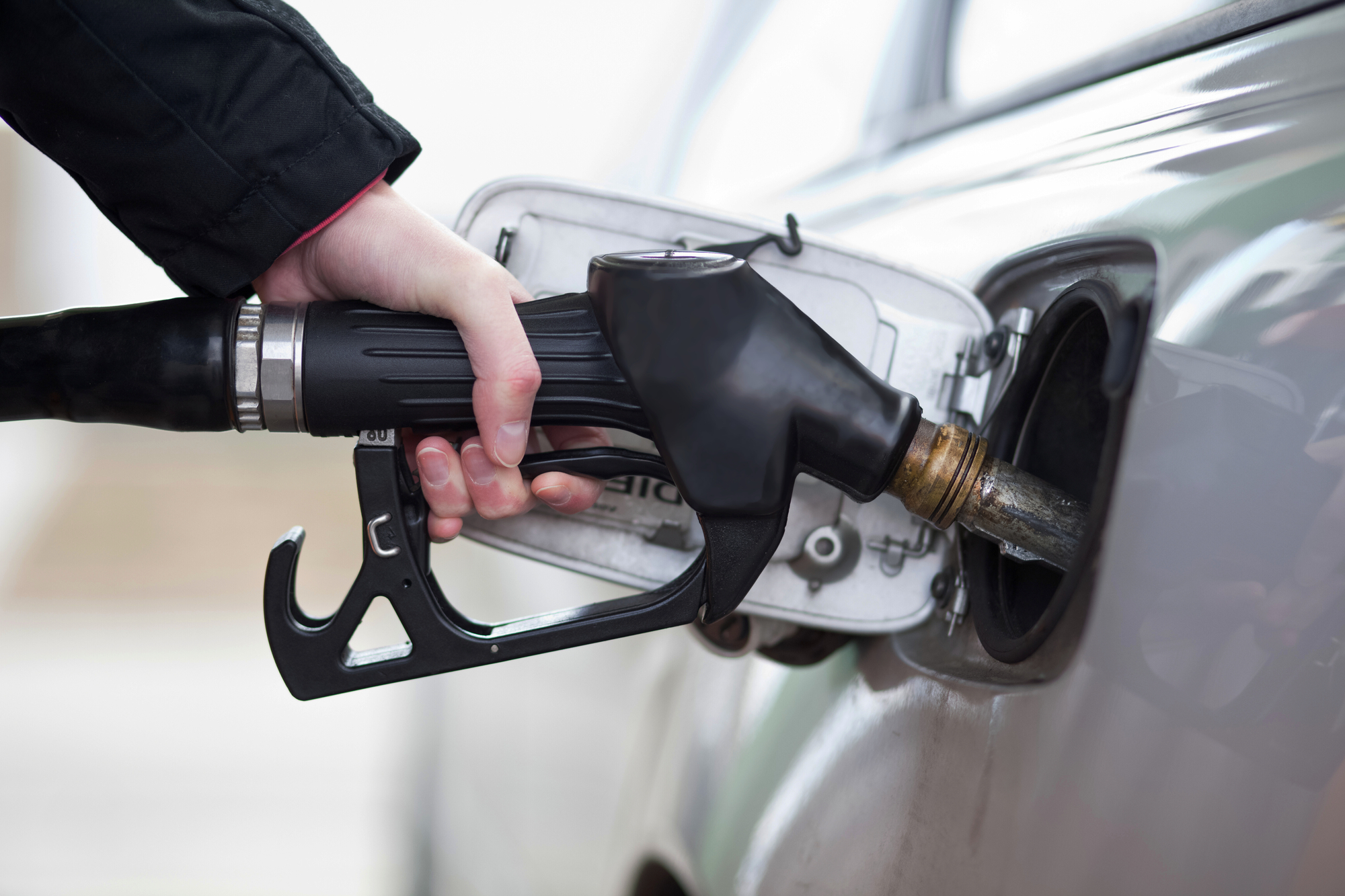When it comes to engines, think of them as finely tuned orchestras, each component playing a specific note that culminates in harmonious motion. However, when the wrong fuel is introduced to a diesel engine—like a conductor suddenly wielding a kazoo instead of a baton—the result can be disastrous. This mix-up between gasoline and diesel fuel is not merely a minor inconvenience; it poses a significant risk to both the engine and the environment.
To understand the implications of using gas in a diesel engine, it is essential to grasp the fundamental differences between these two types of fuel. Diesel fuel is a heavier form of petroleum, containing longer hydrocarbon chains, while gasoline is lighter. Each is engineered to work optimally with its respective engine type. Diesel engines rely on compression ignition, which ignites fuel through extreme pressure, while gasoline engines use spark ignition. This foundational distinction underpins their operational effectiveness and defines the catastrophic results of mishandling fuel mixtures.
So, what happens when gasoline invades the domain of diesel? The repercussions unfold in several phases, much like a cascading domino effect. Initially, the introduction of gasoline into a diesel tank disrupts the conventional combustion process. Gasoline does not ignite in the same manner as diesel, and this disparity can result in irregular engine performance. The moment the gas hits the diesel pump, the engine may start stumbling, struggling to maintain its rhythm. Just as a pianist playing a different tune would fall out of sync with the orchestra, the diesel engine faces disarray.
Furthermore, the chemical properties of gasoline are less lubricative than diesel, which can lead to a shortage of lubrication in vital engine parts. In a diesel engine, fuel serves not only as a source of power but also as a lubricant for injectors and combustion chambers. A lack of lubrication may send these components into a tailspin, causing excessive friction, overheating, and ultimately leading to engine damage. It’s akin to running a marathon without sufficient hydration—the body overheats, and the performance deteriorates.
Once the erroneous fuel mixture reaches the combustion chamber, the consequences worsen dramatically. Gasoline, when combined with diesel, creates a volatile and erratic combustion pattern. This irregularity can damage the engine’s pistons, rings, and even the cylinder walls. The misadventures of this mix-up can lead to catastrophic engine failure, requiring extensive repairs or even complete replacement. This scenario not only affects individual car owners but resonates on a larger scale, contributing to increased waste and environmental degradation.
In addition to mechanical damage, mixing fuels can also have environmental repercussions. Diesel engines are already scrutinized for their emissions, particularly nitrogen oxides and particulate matter. Adding gasoline to this mix can exacerbate emissions problems, resulting in an array of volatile organic compounds. The environment is a delicate ecological tapestry, and any rips in that fabric—a dye run of pollutants—affect the entire system. Moreover, increased emissions can contribute to climate change, a phenomenon that threatens ecosystems worldwide.
In many vehicles, adding gasoline to diesel is not just a simple fix; it is an intricate puzzle. If the incorrect fuel is discovered shortly after refueling, swift action is required. It may be necessary to drain the fuel tank, flush the fuel lines, and potentially replace contaminated fuel filters. This process can incur substantial costs, further emphasizing the importance of vigilance in the refueling process. Proper maintenance of vehicles is not just a matter of preserving mechanical integrity; it is also part of a larger commitment to sustainable and responsible driving practices.
Furthermore, the growing complexity of modern engines complicates matters further. Many contemporary diesel engines are equipped with advanced technologies, such as turbocharging and intercooled systems, designed to maximize efficiency and performance. Unfortunately, these intricate systems are highly susceptible to damage from the introduction of inappropriate fuels. The potential for both immediate destruction and long-term degradation is high, making the stakes even more pronounced for vehicle operators.
Ultimately, awareness is key in preventing the perplexing scenario of fuel mix-ups. As we strive for a world where sustainable practices are the norm, it is essential to foster an understanding among vehicle owners about the peculiarities of their engines. Education should encompass not just the risks but also a mindful approach to fuel selection. An empowered driver makes responsible choices that extend beyond personal convenience, contributing cumulatively to a healthier planet for future generations.
In conclusion, placing gasoline in a diesel engine is not simply an unfortunate error; it represents a fundamental disconnect that can lead to severe mechanical failures and devastating environmental consequences. Complexity in internal combustion engines, increased scrutiny of emissions, and the overarching concern for climate change should certainly raise red flags around such a mistake. Awareness, care, and responsibility are paramount in not just maintaining vehicle performance but also nurturing the environment we share. Each action taken in the name of sustainability, however small, reverberates and plays its part in the global symphony of conservation.
